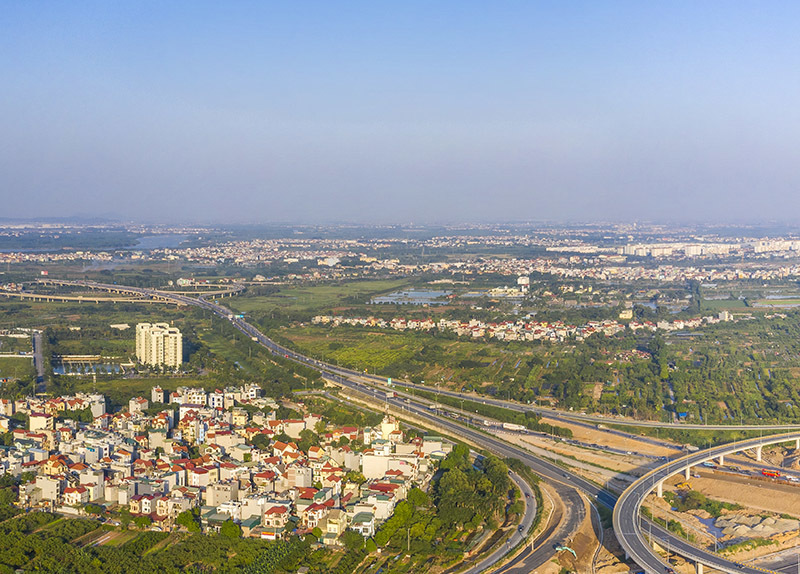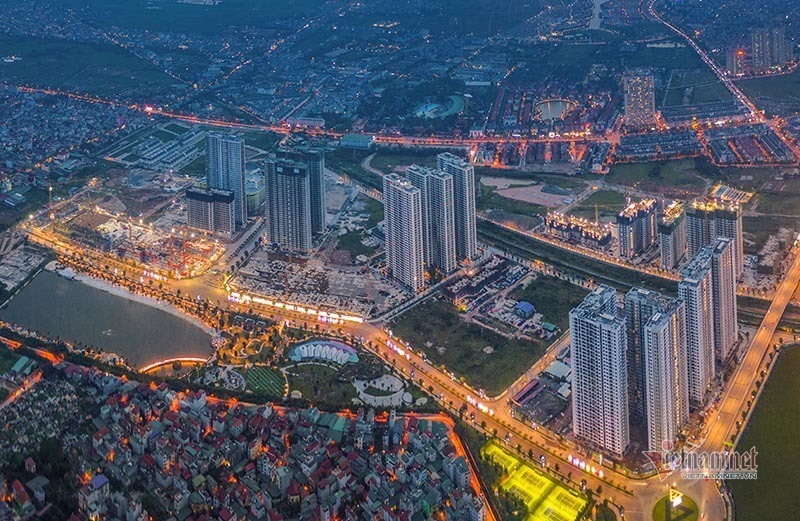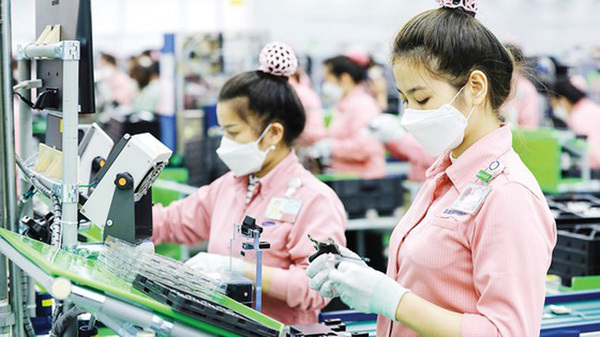- © Copyright of Vietnamnet Global.
- Tel: 024 3772 7988 Fax: (024) 37722734
- Email: [email protected]
investment law
Update news investment law
Real estate market waits for amended Investment Law
The amended 2020 Investment Law is expected to expand housing supply.
Real estate market anxiously awaits new regulations
The National Assembly this morning began discussing the amending of eight laws.
Vietnam to amend 8 major economy-related laws
In order to address current issues in investment and manufacturing activities in Vietnam, the National Assembly is now considering the project ‘One Law to Amend 8 Laws’ in its extraordinary session from January 4-11, 2022.
Amended investment law eases pathway to carrying out big business in Vietnam
Together with the Law on Enterprises, the new Law on Investment took effect on January 1, with the latter aiming at creating a favourable legal framework to support and promote investment activities and economic development,
Amended investment law to relieve funding burdens
With the strategic plan to attract qualified FDI into Vietnam in the light of the Politburo’s Resolution No.50-NQ/TW, the drafted amendment of the Law on Investment 2014 simplifies licensing procedures for setting up a foreign-invested entity.
HCM City: many businesses fall into foreign hands
 There were 5,720 cases of foreign investors contributing capital or buying into Vietnamese enterprises in HCM City in 2019, which was 4.3 times higher than the number of FDI projects, according to the HCM City Planning and Investment Department.
There were 5,720 cases of foreign investors contributing capital or buying into Vietnamese enterprises in HCM City in 2019, which was 4.3 times higher than the number of FDI projects, according to the HCM City Planning and Investment Department.
What do foreign investors worry about when investing in VN infrastructure projects?
 There are three problems which may make foreign investors shrink when considering investment in transport infrastructure projects in Vietnam.
There are three problems which may make foreign investors shrink when considering investment in transport infrastructure projects in Vietnam.
Water treatment is national security issue - lawmakers
 Several National Assembly deputies have proposed considering the supply of clean water as a conditional business field while offering feedback on amending the Investment Law, saying that this should be treated as a matter of national security.
Several National Assembly deputies have proposed considering the supply of clean water as a conditional business field while offering feedback on amending the Investment Law, saying that this should be treated as a matter of national security.
Law on Enterprises must be revised
VietNamNet Bridge – Doctor Phan Duc Hieu, deputy director of the Central Institute for Economic Management, talks to Sài gòn Giải Phóng newspaper about what should be revised in the Law on Enterprises.
Many business conditions scrapped by new Govt decrees
VietNamNet Bridge – A number of Government decrees were issued on July 1 to abolish a slew of business conditions in line with the Government’s promises to make life easier for enterprises and improve the business environment.
Strong resolve
VietNamNet Bridge – The Government has shown a strong determination to trim business conditions in a bid to prop up startups and support businesses to become a pivotal driving force for the nation’s growth.
Industrial zones attract more investments in last three years
Industrial zones (IZs) in the southern key economic zone (HCM City, Binh Duong, Ba Ria – Vung Tau and Long An) have seen a high level of investment for three years because of free trade agreements (FTAs) of which Vietnam is a member.
New decree paves way for foreign enterprises to list on bourse
Foreign invested enterprises now can more easily list their shares on Vietnamese stock markets under Decree 60 that allows foreign investors to hold up to 100 percent of stake in Vietnamese enterprises.
Investment Law guidelines set out
VietNamNet Bridge – The planning and investment ministry is finalising a draft decree for building an adequate, transparent and consistent legal framework for the implementation of the 2014 Investment Law.
Minister Vinh: Failure is not an option for Vietnam
Celebrating the Year of the Goat, Minister of Planning and Investment Bui Quang Vinh shared his thoughts on the momentous year ahead as Vietnam readies for AEC and global economic integration.
Investment law tackles corruption
VietNamNet Bridge – Encouraging rational decision-making is a strong feature of the 2014 Law on Public Investment, Dao Quang Thu, Deputy Minister of Planning and Investment, tells the Viet Nam & World Economic Affairs newspaper.
BUSINESS IN BRIEF 10/12
ACBS investment in ACB infringes law, say bank leaders; German firms pep up health market; 36% local firms join global production networks; Conference raises US$680 million for development; Pepper exports turn into ‘black gold’
BUSINESS IN BRIEF 30/11
Intel Vietnam on the verge of opening CPU production line; FDI investment certificate to be licensed online; Hanoi - Hai Phong expressway toll rights sold to Indian company; Economy car manufacturers seek entry to Vietnamese market
New laws to create breakthroughs for entrepreneurship
The National Assembly on November 26 passed two revised business laws, namely the Enterprise Law and the Investment Law, which are expected to create breakthroughs in nurturing the entrepreneurship.
NA passes investment law with prohibited industries clarified
The National Assembly yesterday approved an amended Law on Investment which reduces the number of prohibited sectors from 51 to six. About 85 per cent of delegates voted for the changes.



















